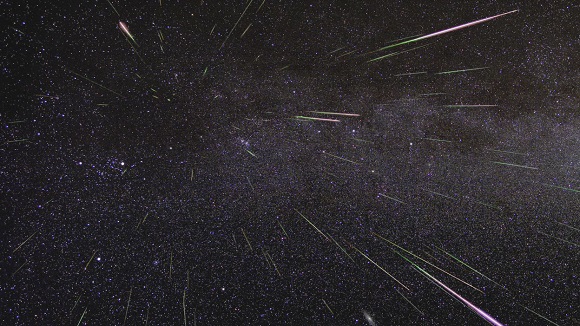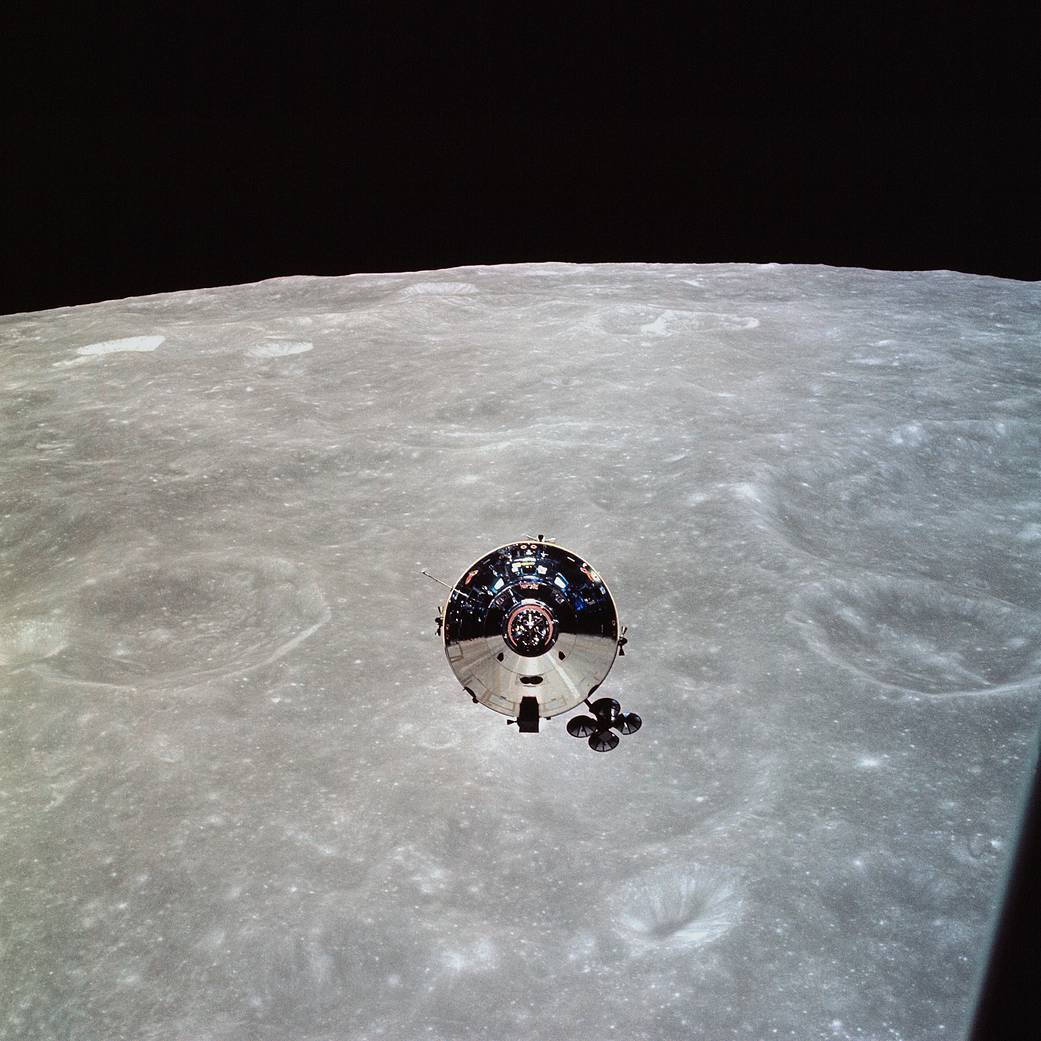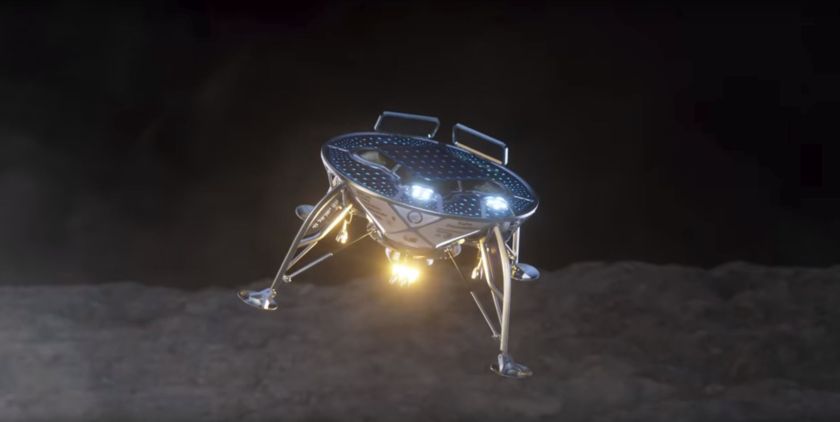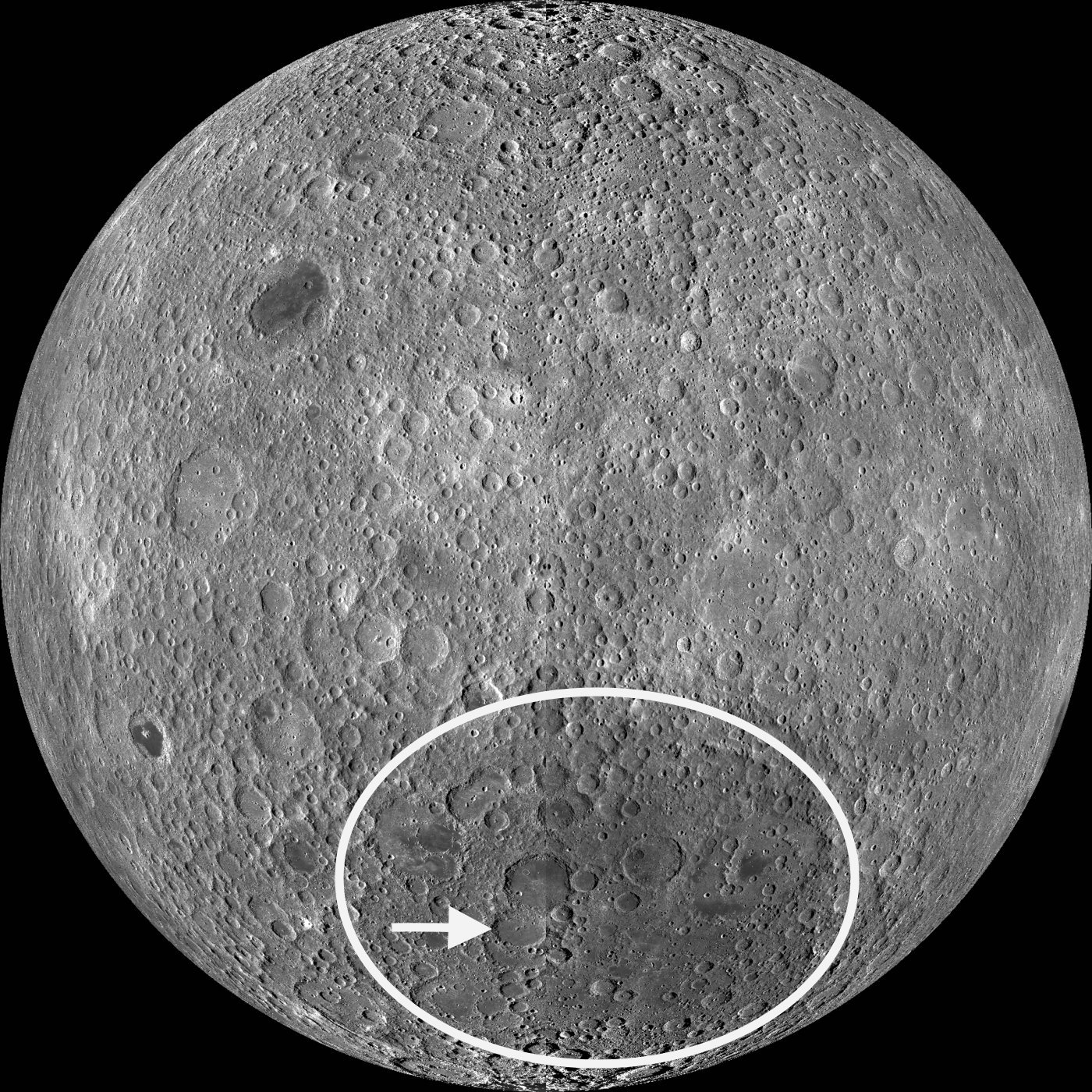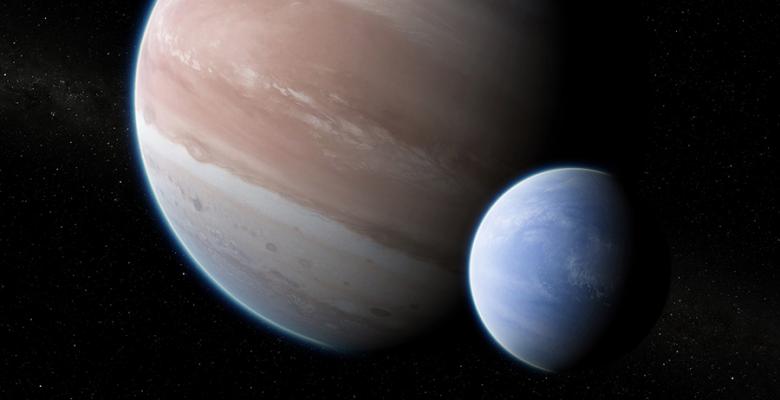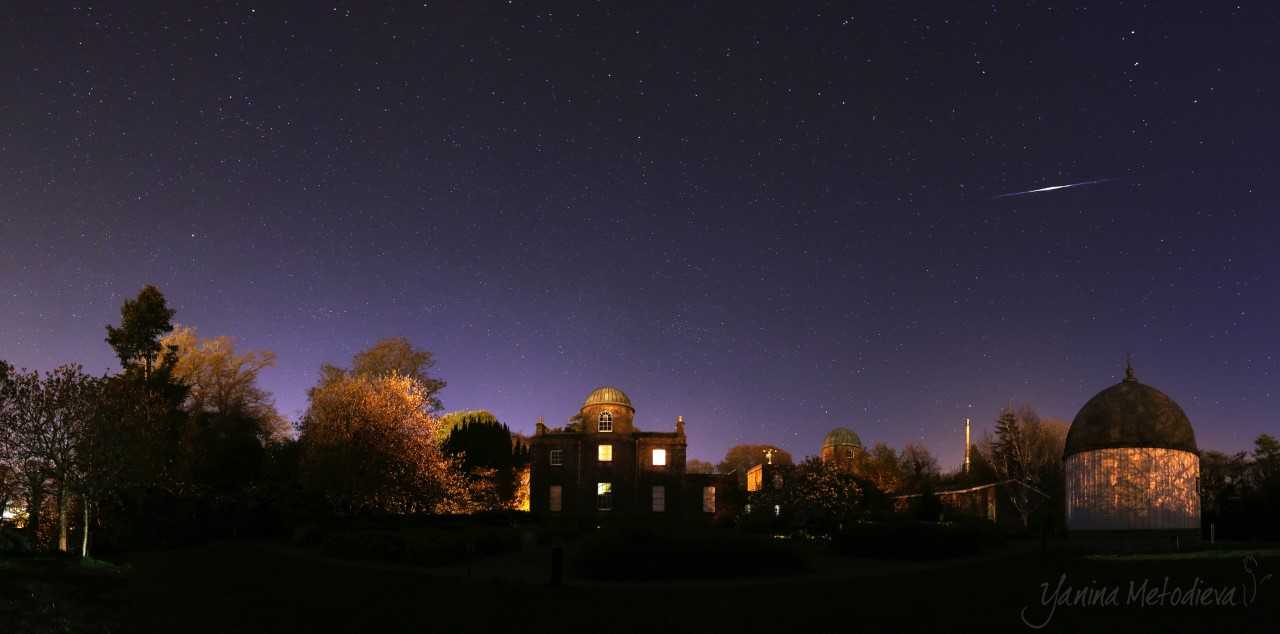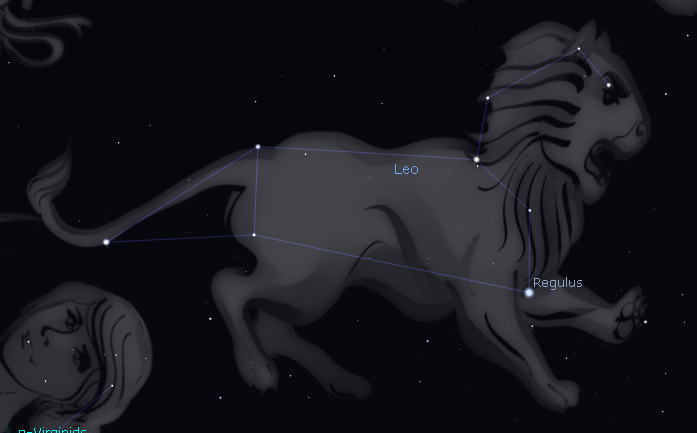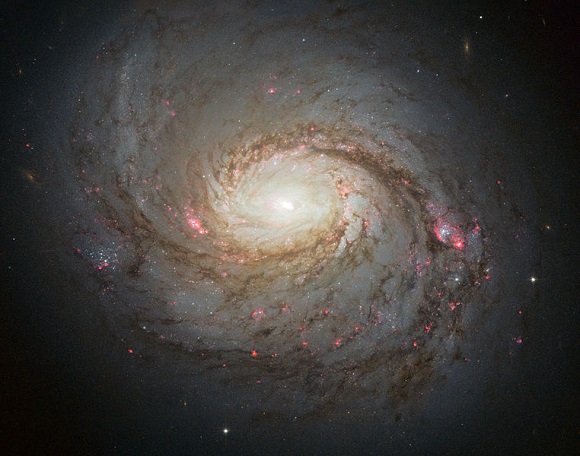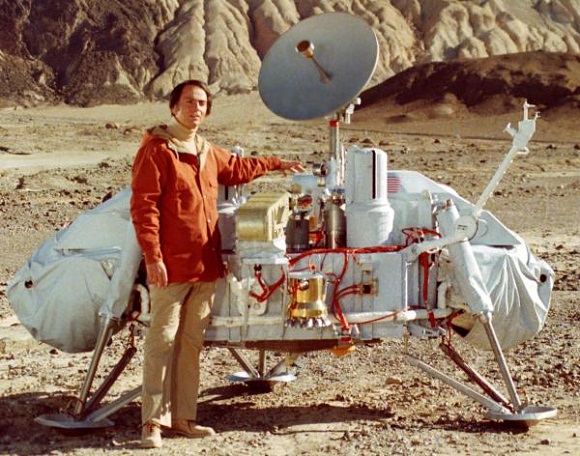Eagles in Space this month
As we’re now well into the second half of summer in the Northern hemisphere and the number of hours available to us for stargazing are slowly but surely increasing again, the mild evenings make for some very comfortable viewings of some very special wonders in our night sky. So pull Read more

















